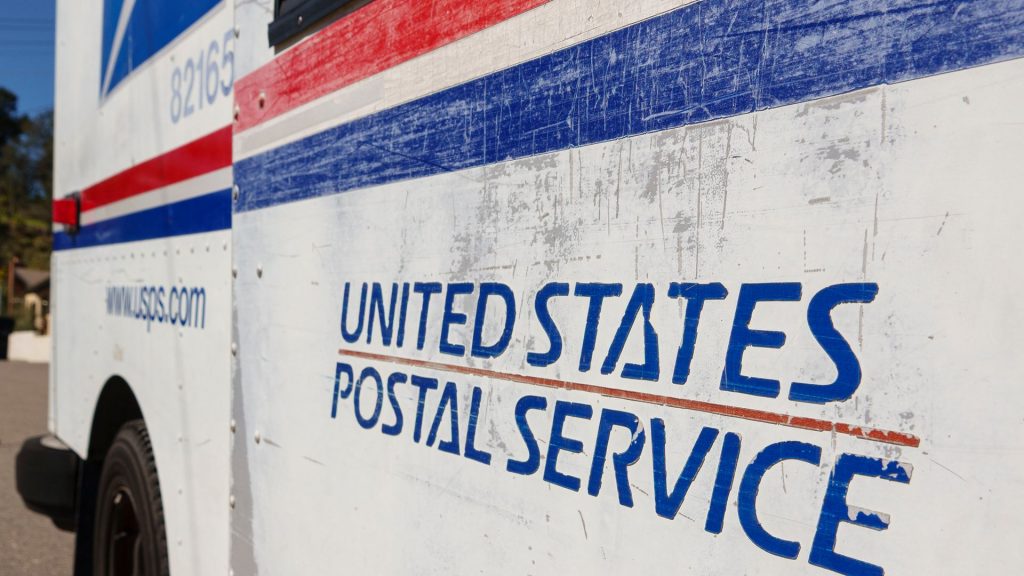Racial bias case before SCOTUS could ‘disrupt critical function’ of mail delivery
Ella Greene April 21, 2025 0
The U.S. Supreme Court will take up a case out of Texas that could narrow long-standing legal protections for the United States Postal Service (USPS), after a Black landlord claimed postal workers refused to deliver mail to her rental properties because of her race. While the nation’s high court will hear the case, justices are looking at an aspect that the government warns could open the agency up to other lawsuits nationwide.
Allegations of racial discrimination
The case was brought by Lebene Konan, a property owner in Euless, Texas, who says two USPS employees intentionally stopped delivering mail to her tenants, allegedly because they didn’t like the fact that a Black woman owned the buildings. The disruption, she claims, led to lost rent, tenants moving out and important mail –– including medication, tax statements and vehicle titles –– never reaching its destination.
Legal protections for USPS at stake
Under the Federal Tort Claims Act (FTCA), private citizens can sue the federal government for damages when a government employee’s negligence causes harm. But there’s an exception: The law shields the Postal Service from lawsuits over lost, delayed or mishandled mail.
Now, the question before the Supreme Court is whether that protection still holds if postal workers intentionally refuse to deliver mail, rather than doing so by mistake.
Konan sued the federal government under the FTCA and also brought civil rights claims against the two postal workers, accusing them of discrimination and intentional misconduct.
What the courts have said so far
A district court dismissed Konan’s case, citing sovereign immunity and ruling that her civil rights claims lacked enough evidence. But the 5th Circuit Court of Appeals disagreed in part, reviving her tort claim and ruling that the postal exception does not apply when the action is deliberate.
The appeals court said that in Konan’s case, the mail wasn’t lost or delivered to the wrong address; it simply wasn’t delivered at all. That, the court said, makes it an intentional act, and not one protected by the postal exemption.
Still, the appeals court sided with the lower court in tossing out Konan’s civil rights claims. Judges said she failed to show that similarly situated white property owners were treated differently, and pointed to existing precedent that government employees working within the same agency generally can’t be sued for conspiracy.
The Supreme Court’s decision to hear the case could have broad implications for how legal protections apply to federal agencies and what remedies are available when those protections are allegedly abused.
What does the Department of Justice have to say?
During earlier court proceedings, the Department of Justice pushed back on allowing the lawsuit to move forward, warning it could open the floodgates to similar claims. Federal lawyers argued that if plaintiffs could sue over any mail delay by simply framing it as intentional, it would “disrupt the critical function of mail delivery.”
They pointed to the postal exception as a legal safeguard, specifically enacted by Congress to prevent the U.S. Postal Service from being pinned down in litigation over delivery issues.
Related Stories
Ella Rae Greene, Editor In Chief
Ella Greene
Ella and the staff at Clear Media Project (CMP) curate these articles.
Unless otherwise noted CMP does not write these articles.
The views, thoughts, and opinions expressed in the articles published on this blog belong solely to the original authors and do not necessarily reflect the views of the blog owner. The blog owner does not claim ownership of the content shared by contributors and is not responsible for any inaccuracies, errors, or omissions.
All rights and credits goes to its rightful owners. No Copyright Infringement is intended. If you believe any content infringes on your rights, please contact us for review and potential removal.





